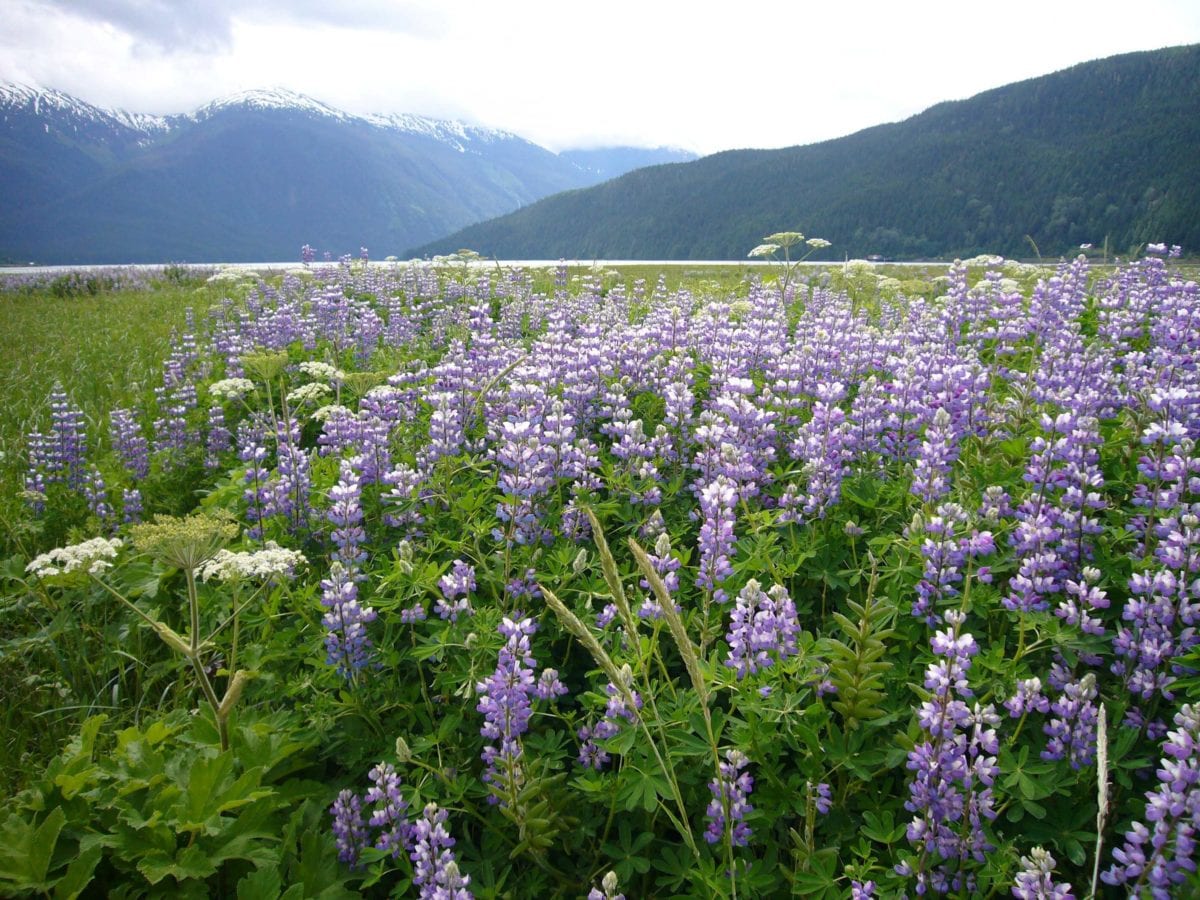
Guest post by Joel Harrison
Land conservation is often not seen as an “urgent threat”, but if we’re not careful we will destroy a lot more than just a few ponds or forests in the coming years. And conservation is more important now than it ever has been in the past thousand years.
Conservation is critical to not only the health and longevity of our planet, but to our survival as well. However, people often only look at the most common concern, the well-being of animals.
Don’t get me wrong, it is one of the key reasons that conservation even exists. The safety and preservation of animals catches the public’s attention. Which makes sense because we want to protect the “cute” animals; we identify with their struggle, but land conservation is so much more.
Animals and plants coexist in specific areas because the conditions are suitable. They thrive there because they have the right climate, land type and more. Conservation ensures that these relationships continue, and that animals and plants can coexist with humans. Without concerted action to protect land, habitats can be destroyed, ecosystems broken, and entire species threatened.
British Columbia is home to the richest diversity of plants and animals in Canada. Over 50,000 species call BC home but only a fraction of these have been well-studied. Of 4,000 species that have had their conservation status assessed, 43% are on the provincial watch-list because of low or dwindling populations. Whether species are rare or abundant, conserving their habitat is the first step in protecting them.
Our desire as humans to progress, grow and build so that we will thrive puts blinders on our eyes. Destruction of our natural environments doesn’t just impact plants and animals, it affects us in a big way. For this reason, conservation is also about spreading awareness and building a deeper connection with the planet to build respect and make us more conscious of our impact.
And if we don’t see it now, we will very soon.
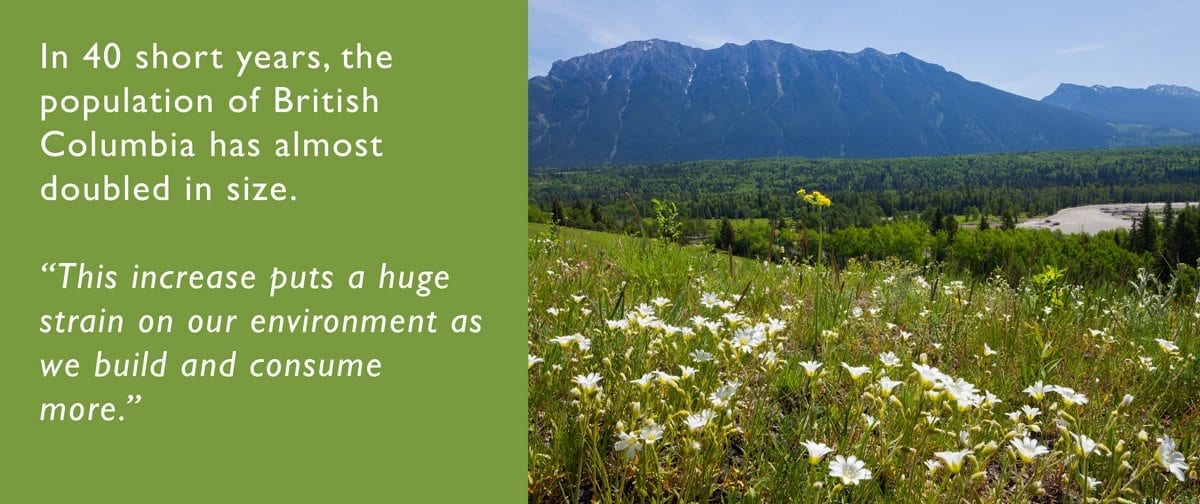
The Nature Trust Big Ranch property in East Kootenay
Battling Ourselves for BC’s Land
Are we really the problem and reason that we need land conservation? What happens when our population increases? Or even doubles? We sprawl further out into natural habitats and build housing, roadways, and industrial developments.
Wait, doubles? Yes. Since 1977, a short 40 years ago, the population of British Columbia has nearly doubled from 2.6 to over 4.8 million. This is just a small example of the staggering recent increase in population over the planet. This increase puts a huge strain on our environment as we build and consume more. This rapid change in population is happening faster in this century than it ever has in history, and while trying to accommodate this growth, we may be carelessly unaware of the impact.
British Columbia is regarded, even in other countries, as one of the most beautiful places on the planet (or maybe that’s just our bias because we love this place). If we want to continue to enjoy the benefits of our natural surroundings, then it’s our responsibility to shake off our blinders, wake up and ensure nature is conserved.
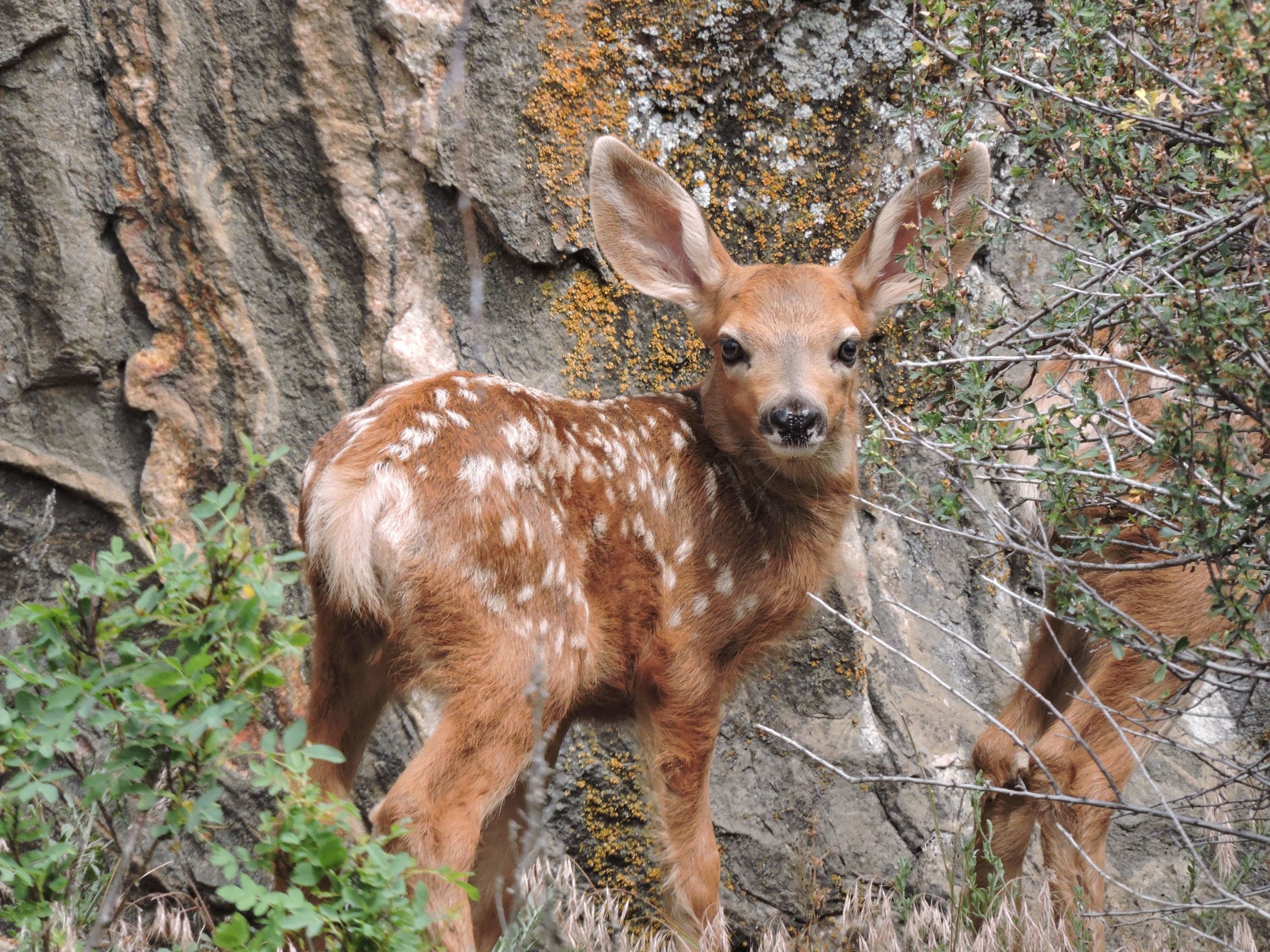
Fawn at Nature Trust Vaseux Lake property in the Okanagan
Being Busy Isn’t an Excuse
We’re so busy achieving, growing, and progressing that we may not see our impact.
We don’t feel like we’re part of the normal food chain because we buy our food at shopping centres. But we are. We are animals – just like the rest of them – who rely on the food chain and ecosystems to supply us with land, water, and other resources.
The more we forget to care about the impact we have, the bigger effect it will have on our health and survival. Our food sources will become scarce or unhealthy, the land will become unusable, and our utopias will dwindle.
How Land Conservation Works for Us
As we start filling up cities with people, cars and buildings we need more places to build and grow. We see prime places (like the lowlands) on which to live and build. These are places with vegetation, wildlife, and easy access to water. These are perfect for us. Well they’ve also been perfect for thousands of years for complex ecosystems before we considered them.
At The Nature Trust of British Columbia, this non-profit organization focuses on these threatened locations. Actually, this year marks 30 years since The Nature Trust started acquiring and managing land in the Boundary Bay area, a perfect example. Through donations and partnerships from the wonderful people who support their cause, The Nature Trust has been able to sustain 32 hectares of habitat for the many species of waterfowl and fish that call this place their home. Across the province, The Nature Trust has acquired over 480 parcels.
Acquiring new land doesn’t mean the work is done though.
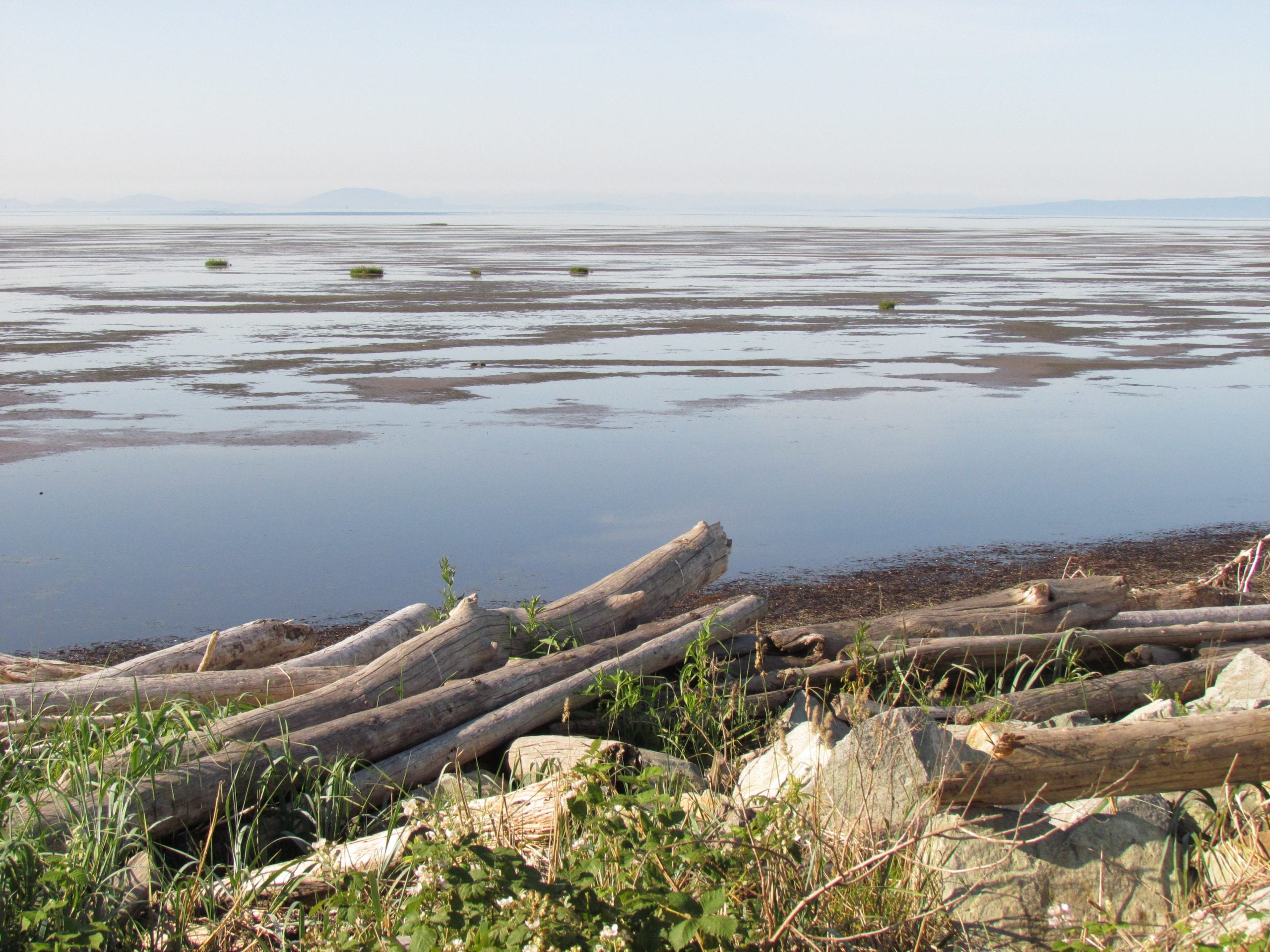
The Nature Trust Boundary Bay property in Delta
More Than Just Acquiring Land
Land conservation is a long-term project that doesn’t just take money, but also time. The Nature Trust works to put together complexes of land, piece by piece to allow space for species to migrate and thrive. It takes significant planning, coordination, and analysis to properly conserve land.
The vast biodiversity of BC increases the complexity to plan how much land is needed, what types of habitat, and to ensure these areas aren’t “locked in” isolation.
The Nature Trust also works to manage the land by monitoring properties, restoring habitat when necessary and connecting with local communities. Regional Conservation Land Managers, summer Conservation Youth Crews and many volunteer groups help to maintain these properties.
Thanks to their partners, volunteers, donors, and the many people who have worked with The Nature Trust for decades, they’ve been able to secure and maintain over 70,000 hectares in BC since their start in 1971. A great accomplishment but there is much more to do.
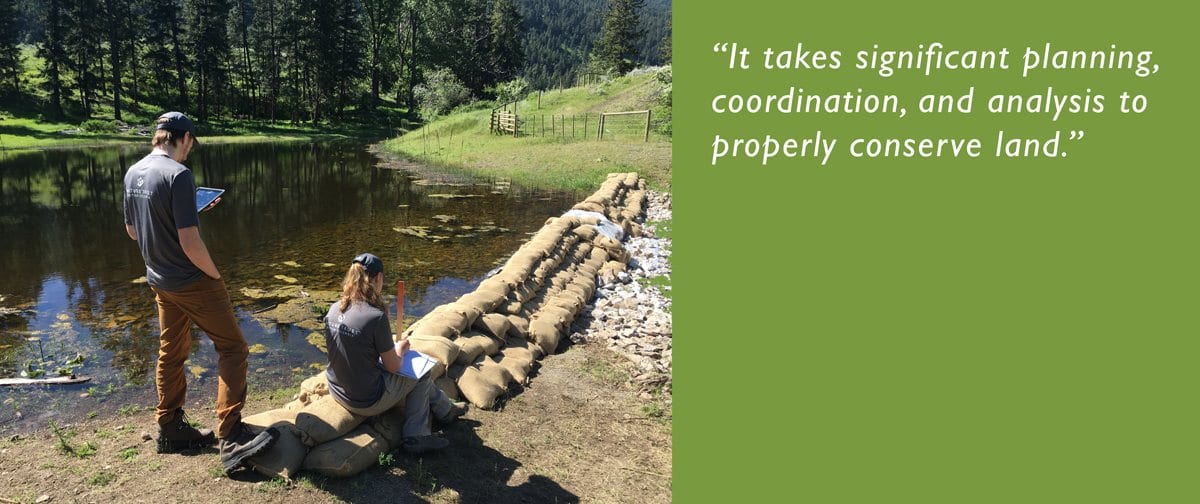
Dam assessment by Okanagan Conservation Youth Crew members
What You Can Do Today to Help
- Go Outside – It seems simple, but we’ve become removed from the natural beauty of BC and a simple reminder can go a long way. Take a hike, go camping or visit a park for a couple of hours where you have never been. Reconnecting makes us more conscious of our impact.
- Talk About It – We are the problem, and we can also be the solution. Spread the word about BC and the impact each one of us has on our natural surroundings and talk about the work of The Nature Trust of BC. This is especially important with our children – the next generation of impact makers.
- Donate – Every donation to The Nature Trust of British Columbia helps us get closer to conserving more of BC’s land. Ensuring that not only thousands of species live on in their original habitats, but that our species will continue to thrive and appreciate the place we call home.
Thanks to Joel Harrison for writing this post. He has lived his whole life in BC, and much of it outdoors appreciating the natural beauty that we are privileged to have. He also has a passion for sharing the stories of nonprofits. As the founder of Methodic Content, he provides content marketing services to help nonprofits get creative and strategic with sharing their mission.
